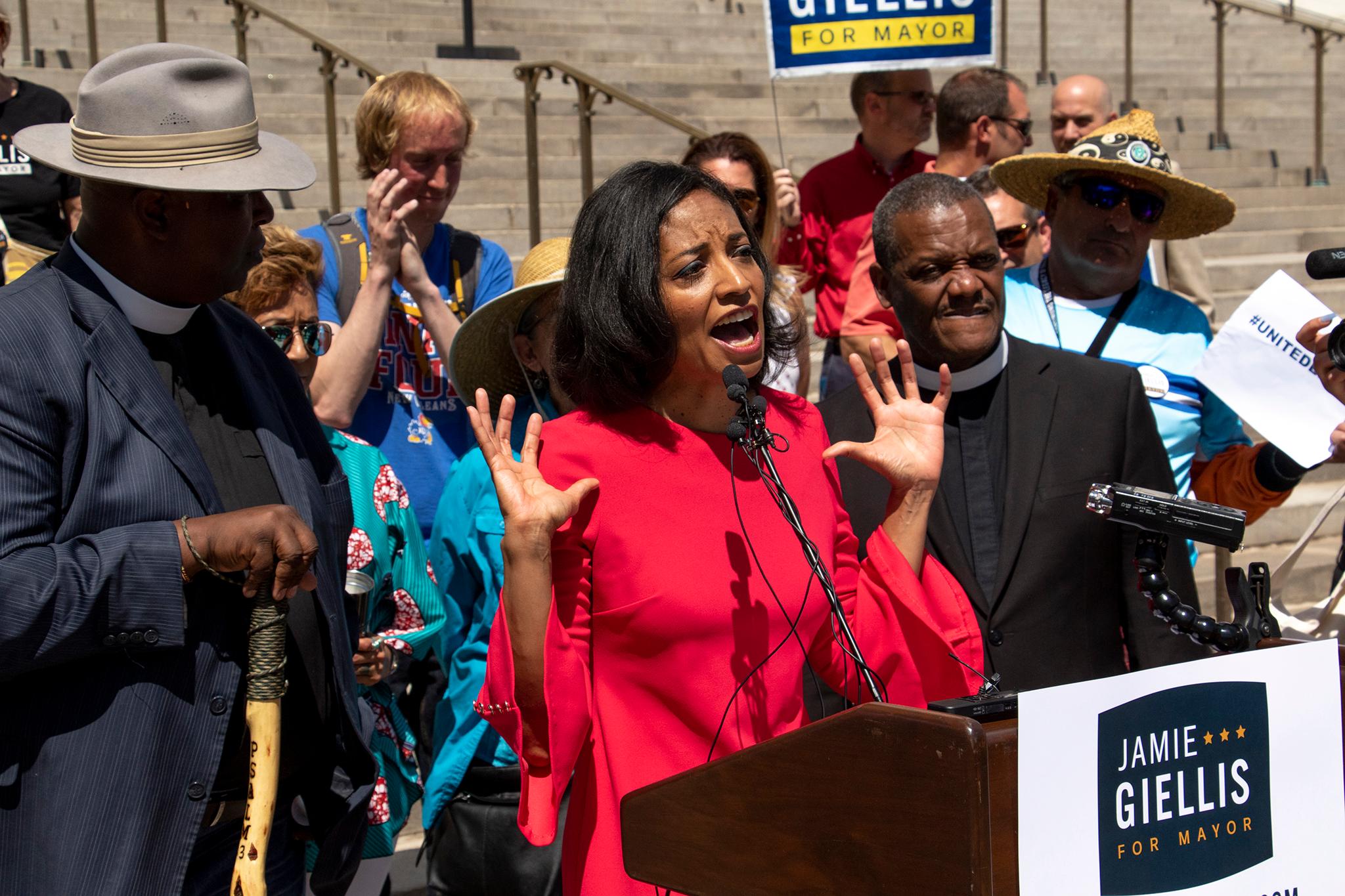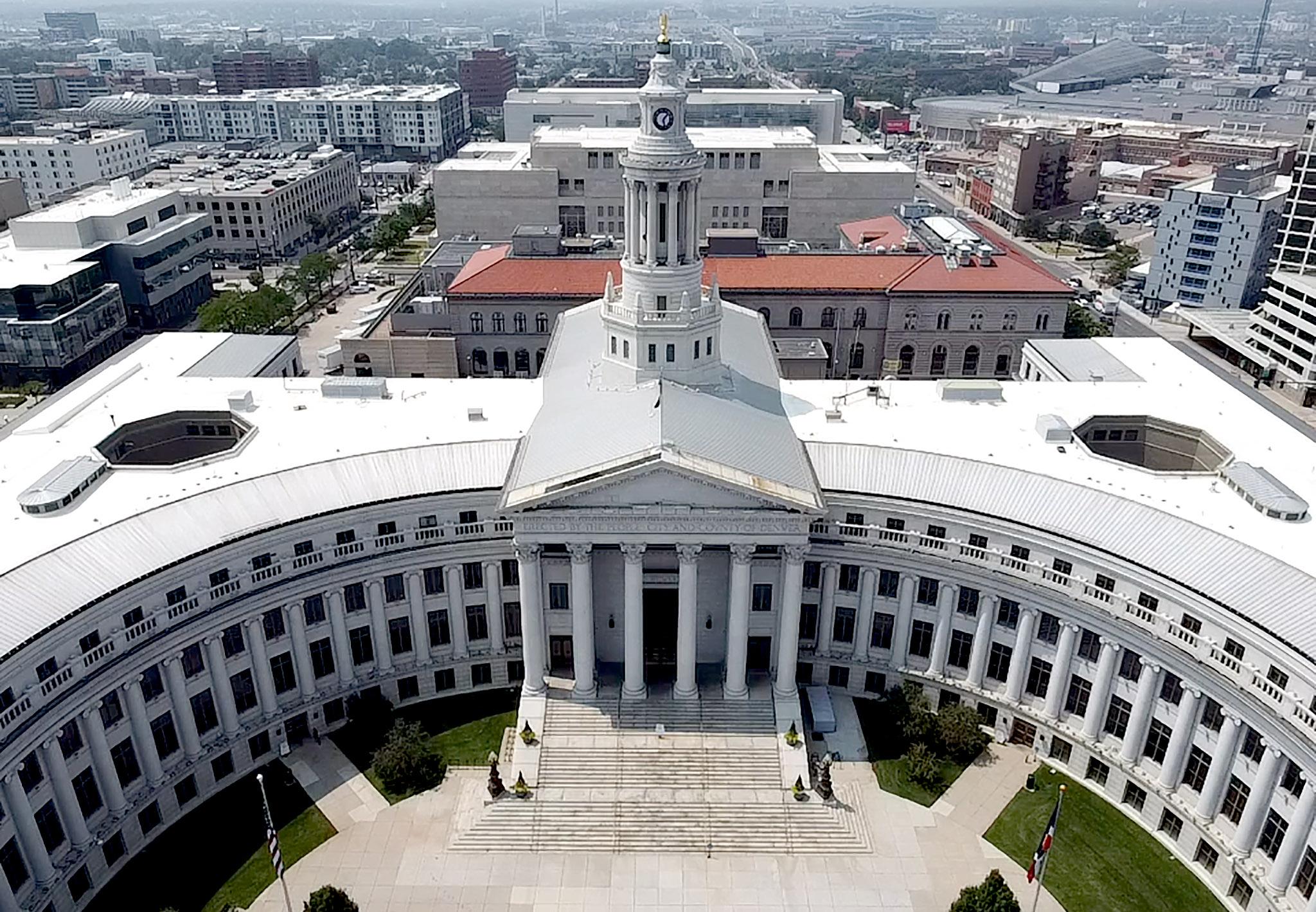More than half of people surveyed in a recent poll say they are motivated by voting for a woman as the next mayor, and a quarter are very motivated by it.
Republicans were the only group that did not consider it an important factor.
Denver has never had a woman as mayor.
Lisa Calderón, executive director of Emerge Colorado, said in a statement that voters believe that women candidates are more likely to stop the erosion of civil rights while championing criminal justice reforms, economic justice and housing equity.
"After the right-wing Supreme Court decision to eliminate federal protection of the right to abortion, women are increasingly interested in running for office, and voters are more willing to elect them," noted Calderón.
Calderón was a 2019 candidate for mayor. After she lost, she went on to serve as chief of staff for City Councilmember Candi CdeBaca, before taking her current role at Emerge.
The new poll, with around a 5% margin of error, was conducted by phone in late July, by Lake Research Partners. It was commissioned by the Colorado Working Families Party and Emerge Colorado, a group that recruits and trains Democratic women who want to run for elected office.
People polled also said they want a community leader. They are hoping for someone motivated by personal experiences with the issues, and someone who has lived through challenging experiences like poverty, discrimination and being a single parent, according to the poll.
Denverites are ready for a change after three terms of outgoing Mayor Michael Hancock.
As of July, 69% of 400 polled residents thought he was doing a fair to poor job, and 26% thought he was doing a good to excellent job.
His support doesn't mean much coming into the next election. Just 23% of those polled would be more likely to vote for a candidate he endorsed, and 36% would be less likely.
The rest don't know.

Calderón is still deciding whether to join the crowded field running for mayor in 2023.
Currently, Councilmember Debbie Ortega, State Representative Leslie Herod, former head of the Denver Metro Chamber of Commerce Kelly Brough, former Blood leader and anti-gang crusader Terrance Roberts, environmental activist Ean Tafoya, investment banker Thomas Wolf, community activist Jesse Parris, Marcus Giavanni, Ken Simpson, Anna Burrell, Andre Rougeot, Alex Cowans are among those who have announced they would be running for office.
"The fact that the field is wide open but leaning toward women candidates to lead Denver in a new direction is an exciting prospect," stated Calderón.
But who's leading?
Among the candidates who had declared - or were rumored to be declared in July - most people polled didn't know who they were.
Over half of Denver voters polled were undecided on who they would vote for. At the time, no candidate received more than 7% of the vote.
In recent months, many candidates with significant institutional support have announced and are already promoting themselves.
Brough, who has backing from the business community, said she would be running in mid-August. Ortega quietly announced on the Friday evening before Labor Day and has already secured glowing endorsements. Herod, who is also running in November to keep her seat at the Statehouse -- at least, unless she becomes mayor, made a splashy announcement on September 8 and has been hitting fundraising goals fast.
Other candidates have been floated for mayor, such former Police Chief Paul Pazen and former State Senator and head of Gary Community Ventures Mike Johnston. But they have not announced.
No candidates have major name recognition or an obvious lead. That means it might be the issues that decide the election -- along with who can secure the most funding.
The biggest issue on voters' minds is the housing crisis, according to the poll.
That's followed by reducing and being tough on crime; protecting health care and reproductive freedoms; strengthening the economy; addressing the rising costs of living; protecting the environment and open space; ending the pandemic; and relieving traffic congestion and fixing roads.
Voters, according to the polling, give women a 25-point advantage over men on addressing housing, and trust women over men on nearly every major issue.
"I've been predicting that the 2023 mayoral election will be the year that voters elect a woman for mayor," Calderón said. "The only question is which woman. It is a good problem to have."











